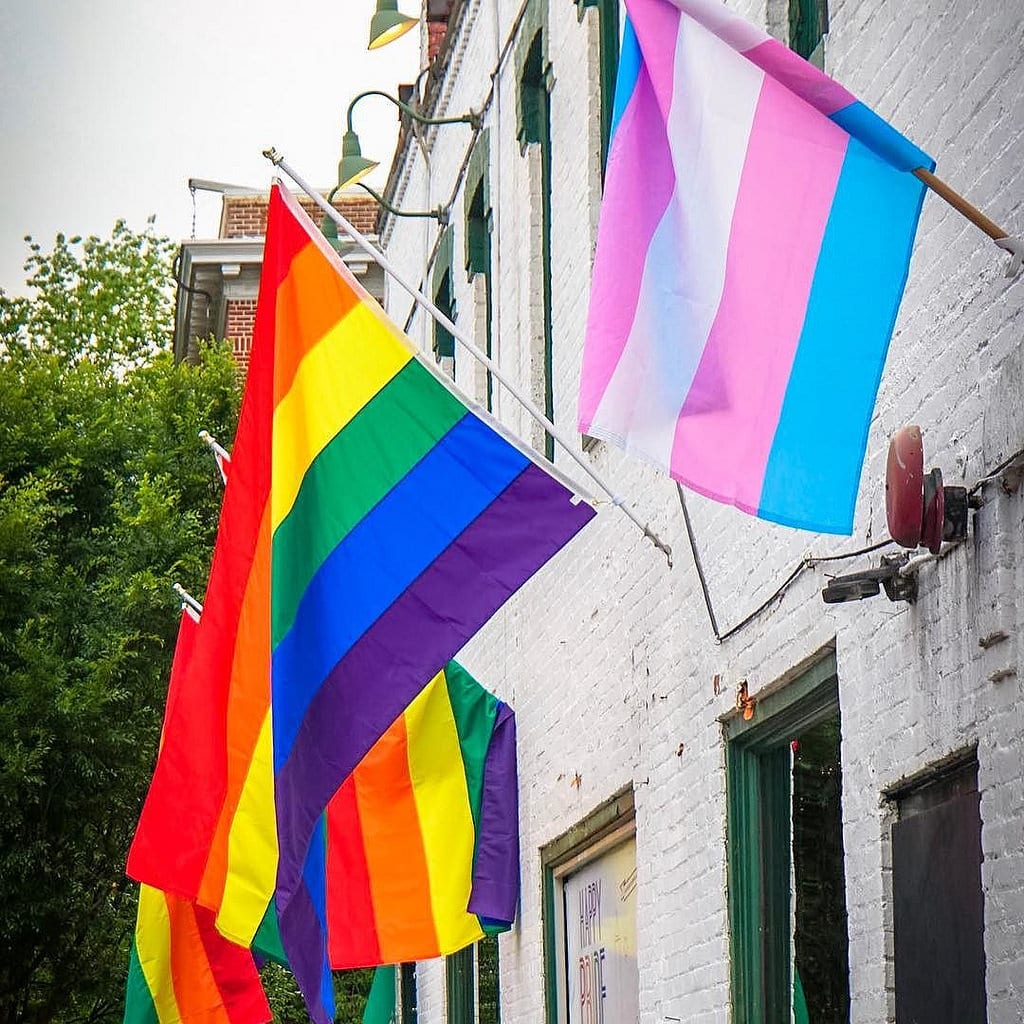Kellan Baker, a Health Policy Research Scholar and doctoral student at Johns Hopkins University, recently spoke with NPR about the life-threatening discrimination the transgender community faces in the health care system. Thirty-one percent of trans people in the United States do not have regular access to health care. “Right now, it’s very hard for a lot of people to even find a primary care provider who’s willing to work with them,” says Kellan. And if trans people are fortunate enough to find a provider who will treat them, they still face a battle with insurance companies that often don’t cover care related to gender transition, such as hormones or surgery, or basic sexual and reproductive health services. As an example, he notes that trans people often hear questions such as, “What do you mean you need a cervical Pap test for a man or a prostate exam for a woman? How do we compute that? You shouldn’t have that part, so we don’t know what to do with you.”
As a health services researcher, Kellan examines how other researchers and advocates can advance public policy to secure high-quality care and safe environments for transgender communities and other communities experiencing inequities.
In a recent piece for The Lancet, another scholar, Arjee Restar, a doctoral student at Brown University School of Public Health, discussed how trans people experience inequitable access to quality health care, employment, housing, and legal services because of stigma and discrimination. This often leads to stress and co-occurring negative health outcomes, including HIV and sexually transmitted infections (STIs), depression, suicidal behavior, and even death, making trans health an urgent public health issue with relevance for building multi-sector coalitions and solutions.
Arjee writes: “The past 3 years in the USA have been the deadliest years on record for trans communities experiencing hate crimes that largely result in homicide or suicide, especially for trans immigrants and people of colour. Global monitoring of violence-related incidences shows homicide cases continue to rise in trans people.”
Arjee states that legal protections for trans people must also be accompanied by multisector public health initiatives in partnership with education, employment, housing and law enforcement entities. In the article, Arjee also provides a list of tangible solutions the public health community can implement at the institution level to protect and promote the health of all trans people, and model for other sectors. Some examples include:
Increase hiring with equitable pay: Invite, interview and hire trans applications in all levels of the institution’s workforce, with equitable payment or salary.
Ensure insurance coverage: Include trans-related care such as hormone therapy, gender-affirmation surgeries, and sexual and reproductive health services in institutional insurance plans and policies.
Update surveys, forms and other materials: Revise forms to allow people to identify their gender identity on all documents, including surveys, registration, and application forms, with options beyond male and female.
Learn more about Kellan’s and Arjee’s work:

